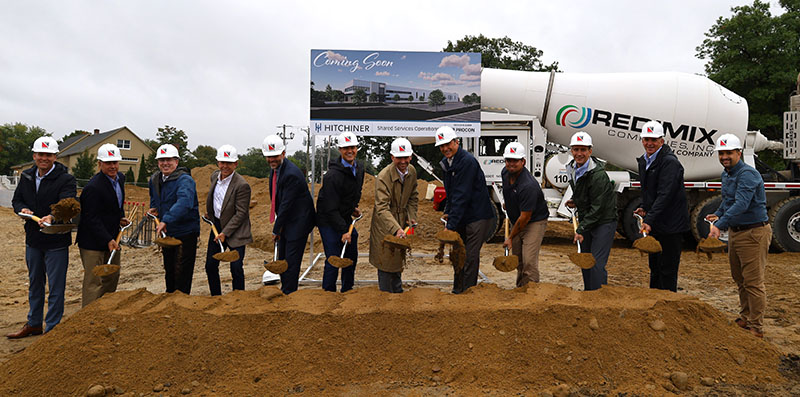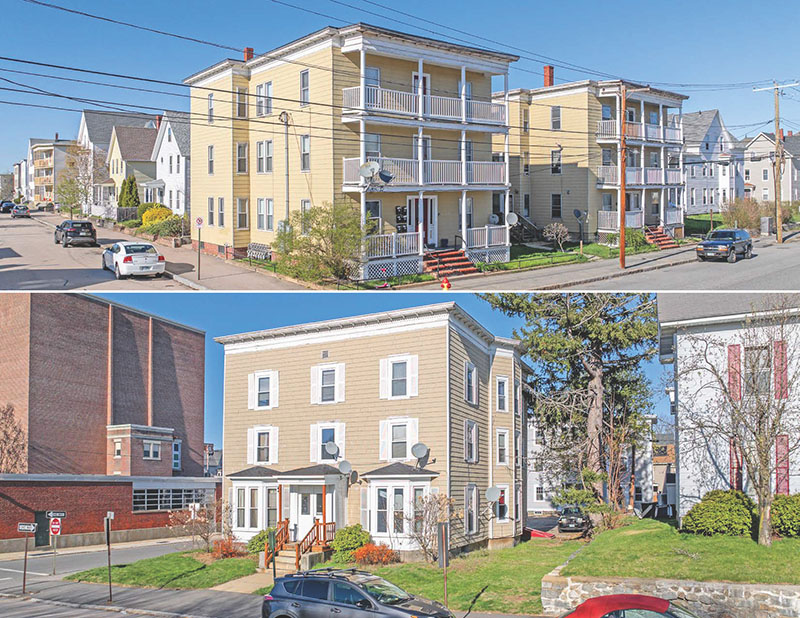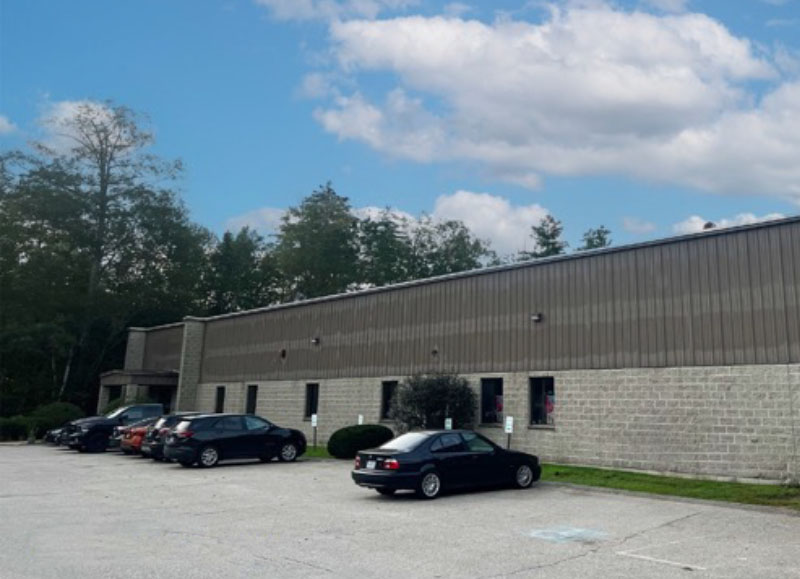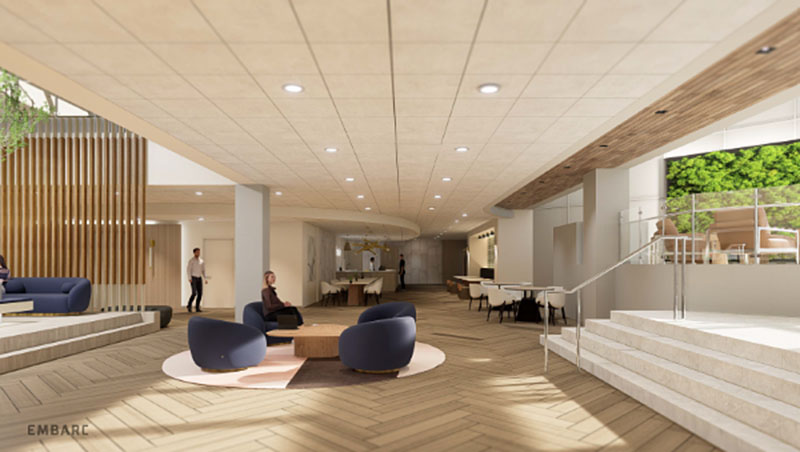News: Northern New England
Posted: January 3, 2008
New Hampshire CIBOR affiliates to host 12-Step Green Series focusing on all aspects of green building
The world wide green building movement has certainly taken root in the New Hampshire and New England marketplaces. Traditionally it was difficult for owners, developers and users to figure out what it meant to be environmentally responsible and how to achieve it within financially responsible parameters. The process of "going green" has become easier these days largely due to a voluntary certification process launched by the United States Green Building Council (USGBC) in 2000. The process known as LEED (Leadership in Energy and Environmental Design) establishes standards as a benchmark to rate the performance of sustainable green buildings. To qualify for LEED certification, buildings must receive a number of credits in five categories--sustainable development, water savings, energy efficiency, materials selection and indoor environmental quality. One of four levels of green building certification, certified, silver, gold, or platinum is awarded based on the total credits earned. The LEED standard has been adopted nationwide by Federal agencies, state and local governments, and interested private companies as the industry standard of measurement for green building.
Even with the abundance of information being promoted by USGBC and other green organizations some people are unclear as to how they can go "green" and where to begin with the process. In an effort to address the many questions of how going green may impact our professional lives, the NHCIBOR affiliates committee have developed a series of 12 seminars to be presented the second Thursday of each month in 2008. Each seminar is designed to focus on a specific topic that relates to the green building process, with the format providing for roundtable discussion after a presentation by a professional on the particular topic. The seminars will be hosted on a rotating basis at LEED certified building locations in New Hampshire, The McLane Audubon Center in Concord, N.H., the Portsmouth Public Library in Portsmouth, N.H. and the PSNH building in the Manchester mill yard area. Seminars will begin at 8:30 a.m. and will include a limited breakfast. Cost is $10 for CIBOR members and $15 for non-members.
The first seminar is scheduled for February 14, 2008 at the McLane Audubon Center in Concord, N.H. The topic will be an introduction to the series and what the green movement is all about. The presentation will be made by Paul Leville of The Jordan Institute. Paul describes his presentation as "Green Buildings- What are they and why should we build them? He will review the environmental and health costs of standard "brown" construction and explore what makes buildings "green." In addition he will explore the costs and benefits and answer why, in a downturn in the construction industry; green construction is still growing by leaps and bounds. Finally he will review the LEED rating system and discuss the costs and benefits of pursuing certification.
Subsequent seminars will follow in a sequence reflective of the planning and building process. Seminars will include: Engineering a Green Site; Architectural Perspective of Green Design; Interiors Going Green; Construction and Building Green; Financing Green Buildings; Legal Aspects of Green Building; Green Energy; Green from an End Users Perspective; Green from the Realtors Perspective and Residential Green Design.
The series is open to anyone that has an interest in learning more about the "Green Movement" in the New England marketplace. To learn more about the series or to sponsor or register to attend a seminar contact NHCIBOR affiliate committee chair Heather Rowan, Business Development Manager for Office Interiors LTD at hrowan@officeinteriorsltd.com or myself at bjean@fulcrum-nh.com.
William Jean is the director of business development for Fulcrum Associates Inc., Amherst, N.H.
Tags:
Northern New England
MORE FROM Northern New England
PROCON and Hitchiner break ground on 57,000 s/f shared services operations facility
Milford, NH Hitchiner, in partnership with PROCON’s integrated design and construction team, has officially broken ground on a new 57,000 s/f shared services operations facility at its Elm St. campus. This building will house value-added services used across Hitchiner’s various business units,

Quick Hits







